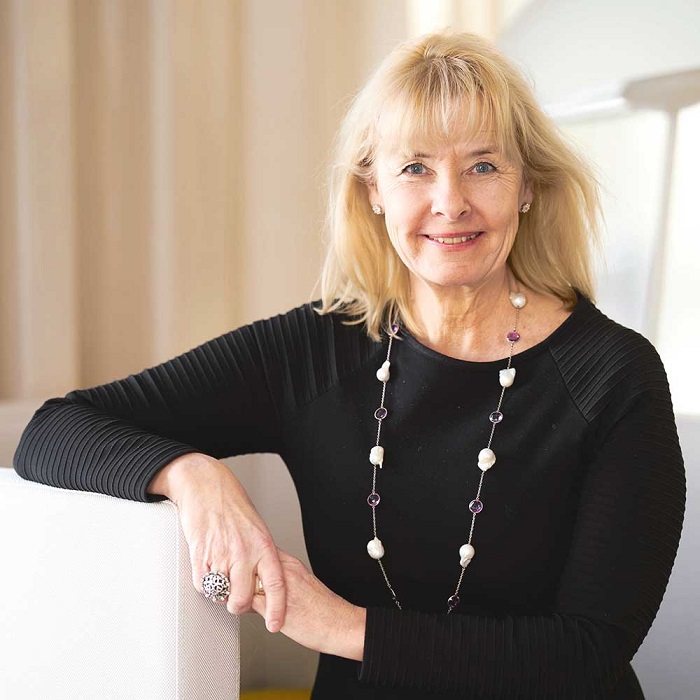The European Union’s Special Representative for Central Asia, Ms. Terhi Hakala, in an exclusive interview with the Neutral Turkmenistan newspaper, stressed the positive dynamics of EU-Turkmenistan relations and outlined key areas of cooperation. The interview took place during a visit to Ashgabat as part of Hakala’s farewell tour of the region.
Hakala noted the strengthening of the partnership between the EU and Turkmenistan in recent years, which was facilitated by meetings of the leaders of the parties. According to her, Turkmenistan is playing an increasingly active role in regional cooperation with the EU, and there is certainly an interest in developing bilateral partnership.
Hakala highlighted the EU’s support for Turkmenistan’s initiatives to join the World Trade Organization and reduce methane emissions as important achievements in bilateral relations.
She also noted significant progress in the development of the Trans-Caspian Transport Corridor, which is considered by the EU as a flagship project within the framework of the Global Gateway initiative in Central Asia. In January 2024, at the investment forum in Brussels, 10 billion euros were mobilized to finance this project.
Speaking about the regional agenda, Hakala pointed to the adoption of a Roadmap for deepening ties between the EU and Central Asia. This document, adopted in October 2023, is comprehensive and covers various topics, including strengthening political dialogue, developing transport and digital links, promoting a green economy and sustainable water resources, strengthening security cooperation and developing people-to-people contacts.
Hakala stressed the importance of implementing the Roadmap, including EU regional programmes such as “Team Europe” on water, energy and climate change, as well as “Team Europe” on digital communications. She noted that in 2025, a review of cooperation progress is expected at the meeting of foreign ministers in Ashgabat and the first EU–Central Asia summit in Samarkand.
As part of the Global Gateway initiative, the EU conducted research on sustainable transport corridors in Central Asia. The aim was to identify the most sustainable routes, taking into account environmental, social, economic and political factors.
In October 2023, a high-level event on the launch of the Trans-Caspian Transport Corridor was held in Ashgabat with the participation of EU Commissioner for International Partnership Jutta Urpilainen. In November, technical seminars were held with all Central Asian countries, including Turkmenistan.
According to Hakala, in 2025, the EU plans to launch a transport program aimed at addressing issues of “soft connectivity” in the region. This includes the harmonization of documentation for cross-border transport and trade, which should reduce transportation time and prepare a regulatory framework for increasing cargo volumes.
Answering the question about the prospects for maintaining peace and security in the context of the International Year of Peace and Trust, announced by the UN at the initiative of Turkmenistan, Hakala stressed the role of a multilateral rules-based order, which is a prerequisite for sustainable peace. She noted that the EU supports the principle of preventive diplomacy, which is actively promoted by Turkmenistan.///nCa, 13 December 2024
